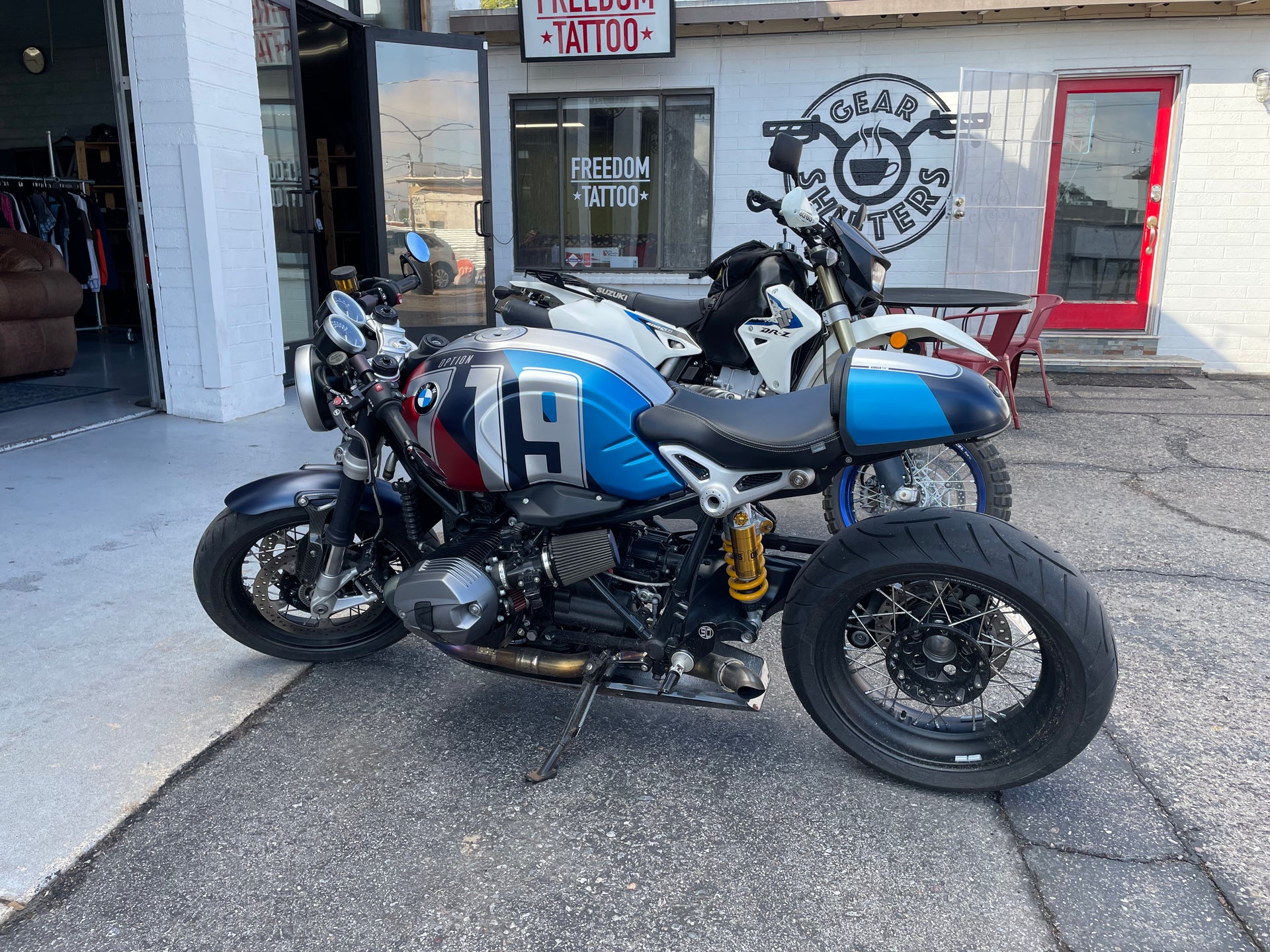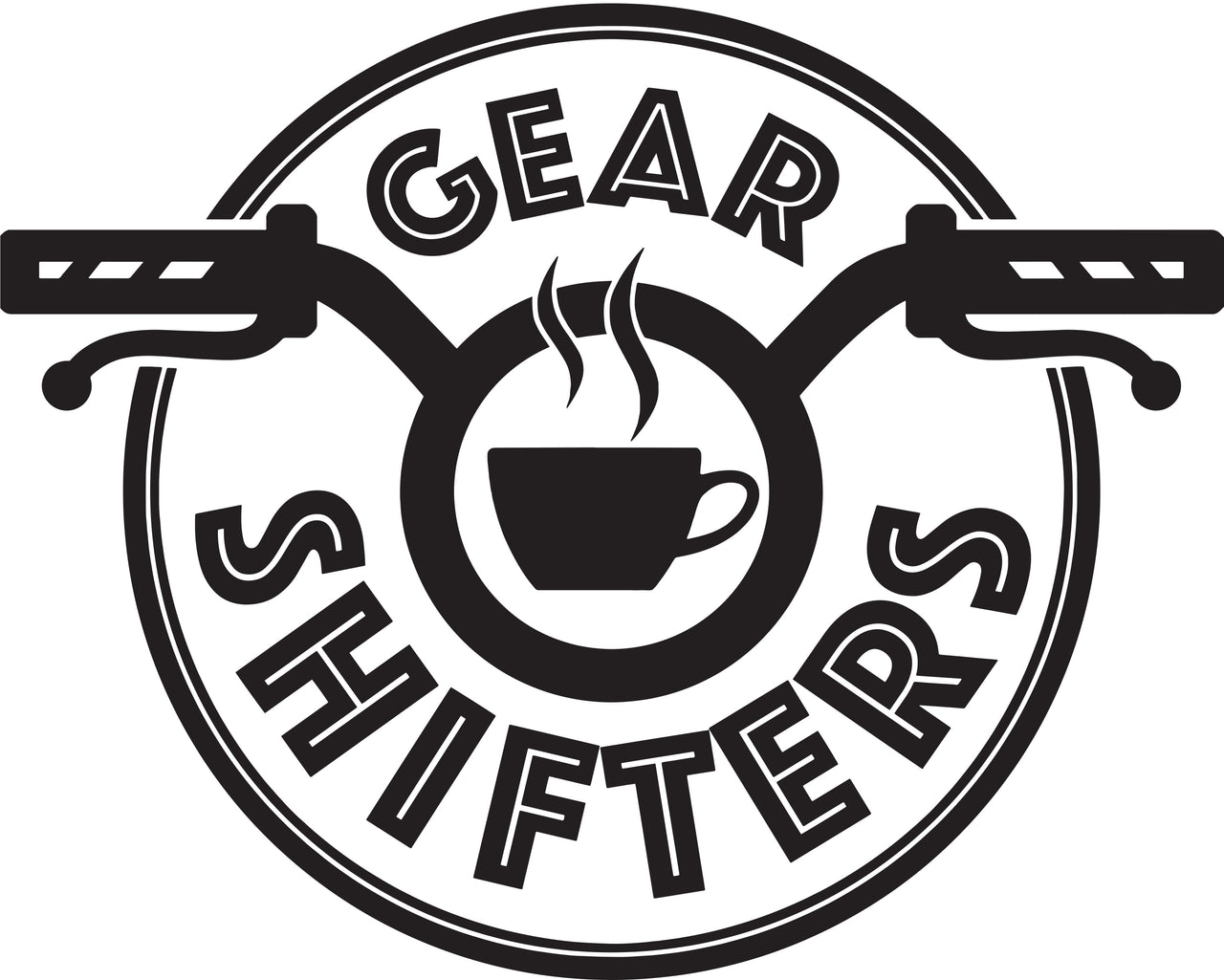
Coffee shops and the café racer
In the world of motorcycling, few places hold as much iconic status as the humble coffee shop. This seemingly ordinary setting became the birthplace of a cultural phenomenon that revolutionized motorcycle design and lifestyle: the café racer movement. The origins of this movement can be traced back to the mid-20th century, when motorcyclists began congregating at coffee shops, most notably at the legendary Ace Café in London.
The Birth of a Subculture
In the 1950s and 1960s, London was a bustling hub of post-war activity and innovation. Among its many developments was the emergence of a new kind of motorcyclist, one who was not only passionate about riding but also about speed, style, and individuality. These riders, often young and rebellious, sought a space where they could share their enthusiasm for motorcycles and engage in spirited discussions about the latest trends in bike modifications.
The Ace Café, located on the North Circular Road, quickly became the epicenter of this burgeoning subculture. Its location made it a convenient meeting point for motorcyclists traveling across the city and beyond. What started as casual gatherings soon evolved into a vibrant social scene, with the café becoming a sanctuary for those who lived and breathed motorcycles.
The Café Racer Phenomenon
The term "café racer" itself emerged from this environment. It described a specific style of motorcycle modified for speed and agility, often inspired by the bikes used in illegal street racing. These bikes, characterized by their stripped-down aesthetics, minimalist modifications, and a distinctive "racer" look, were built to achieve high performance while retaining a unique, rebellious flair.
Café racers were not just about the machines; they represented a lifestyle. The café culture was as much about the camaraderie shared over a cup of tea or coffee as it was about the motorcycles. Riders would often engage in "café racing" — informal races between transport cafés, racing from one establishment to another in a bid to prove who had the fastest bike. This practice was both a testament to the engineering of their modified machines and a way to earn bragging rights within the community.
Legacy and Impact
The influence of the café racer movement extends far beyond the confines of the Ace Café and its early enthusiasts. The aesthetics and ethos of café racing have left a lasting mark on motorcycle design and popular culture. The movement paved the way for future motorcycle trends and inspired a resurgence of interest in vintage and custom bikes.
Today, the Ace Café remains a celebrated symbol of this subculture, attracting riders from around the globe who come to pay homage to its storied past. The café racer movement continues to thrive, reflecting a deep-seated passion for motorcycles and a spirit of innovation that started in those early gatherings over tea and coffee.
In essence, the café racer culture exemplifies how simple pleasures, like a cup of tea or coffee and a shared love of motorcycles, can spark a transformative movement. The Ace Café’s role in this narrative highlights the power of communal spaces in shaping and sustaining subcultures, proving that sometimes, the most revolutionary ideas start in the most unassuming places.
At Gear Shifters, we try to recreate the lifestyle and culture of the two wheel tribe. A place for any and all Tucson motorcyclists to gather, share stories, enjoy camaraderie and a cup of coffee. No judgement or politics, just the love of a shared passion.
